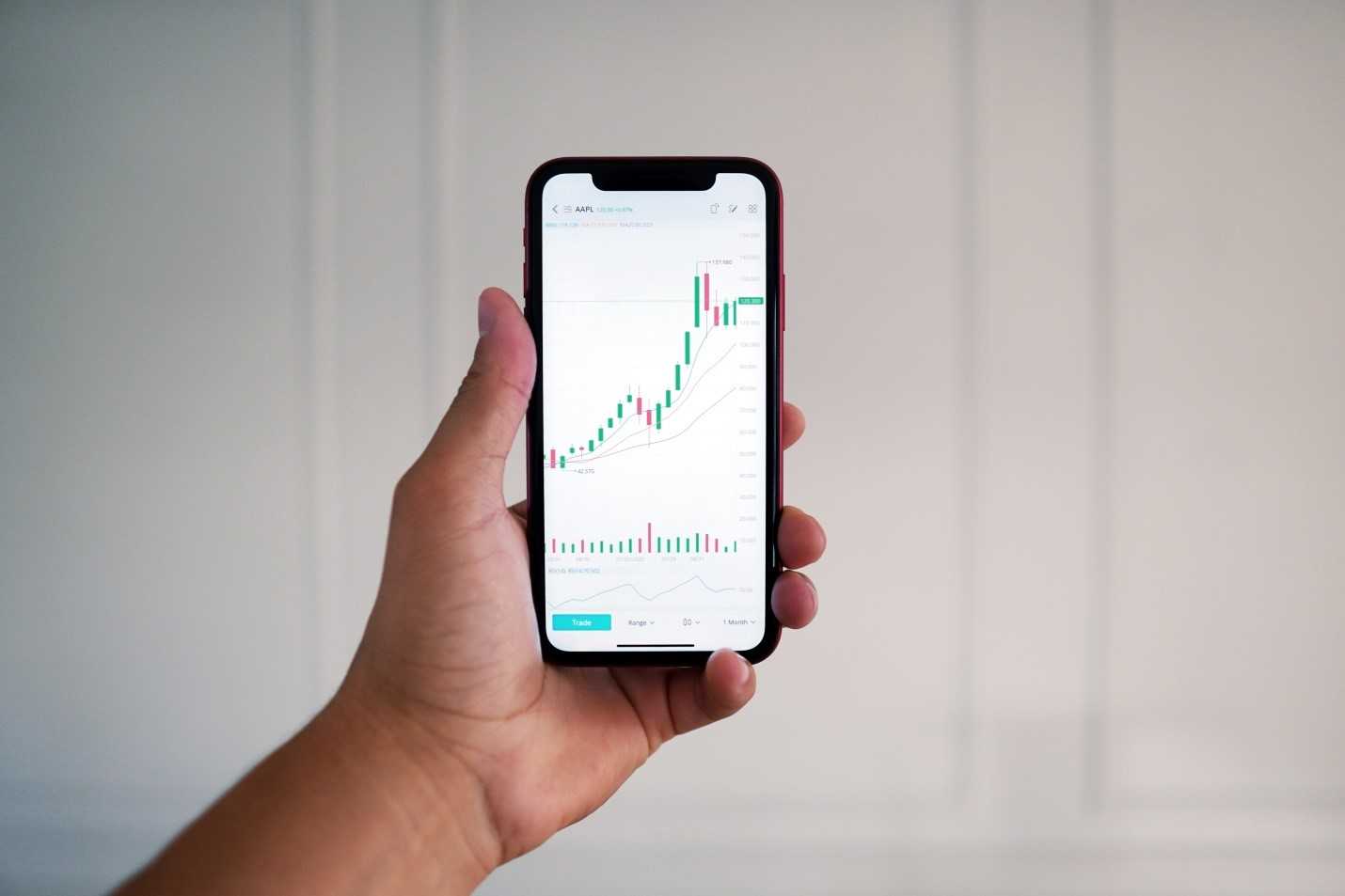If you have a 401k and are interested in investing in gold, there are a few things you should know before you make the move. The first thing to know is that gold investments have very favorable tax advantages.
Generally speaking, you can invest up to 10% of your 401k account in gold. Another important consideration is that you should talk to your financial advisor before you make the decision to roll over your 401k.
Your advisor can explain to you exactly what you can and can’t do with your account. This will help you decide whether you’ll be able to continue investing with your 401k, or if it’s time to start investing in other assets.
Precious Metals 401k
Investing in precious metals is one way to diversify your portfolio. It can offer an additional layer of protection from inflation. Investing in gold is a great hedge against currency devaluation. In addition, it has long been recognized as a reliable store of value.
However, not all 401k plans allow you to invest directly in gold. As a result, you may have to look for other options.
You can invest in precious metals through ETFs, mutual funds, and mining stocks. Click the link: https://www.finra.org/investors/exchange-traded-funds for more information about ETFs. Many financial advisors recommend at least 10% of your total investment capital in precious metals.
If you are looking for a more hands-on approach, you can buy physical coins. These can have more value than bullion bars, and typically carry a larger premium over spot prices.
Investing in precious metals can provide a great safety net during periods of geopolitical turmoil. Moreover, they tend to perform well during times of stock underperformance.
While many 401k plans are not geared towards precious metals, you can still invest in a 401k.
Using a 401k to purchase physical coins or bullion can be a wise decision, though the right choice for you depends on your circumstances. A few things to consider are whether you can afford it, and how much risk you are willing to take.
You can find coins and bullion in a variety of sizes, from 1/10 ounce to several ounces. Some of the most common coins purchased are precious metals. Silver usually declines when the value of the dollar rises.
The IRS has made it clear that certain coins are allowed in a Solo 401k. You can visit this site for more information. One example is the American Eagle Coin. Another is the Canadian Maple Leaf. There are some coins, however, that do not meet the fineness standard, including the Belgian 20 Franc and the Corona.
When you invest in precious metals, you are also protecting your retirement investment against inflation. In the event that the dollar begins to lose value, your precious metals investments will increase in value.

Precious Metals IRA rollovers
A Precious Metals IRA rollover is the process of moving money from one IRA account to another. This can be done directly, or indirectly. For example, a person with savings in an employer retirement plan can transfer these funds to a precious metals IRA.
Precious metals IRAs allow you to invest in physical precious metals, silver, palladium and platinum. They also help you to diversify your conventional retirement portfolio. However, before you make a decision about a precious metals IRA, you need to consider your investment portfolio and your personal risk tolerance.
Depending on your risk tolerance, you may wish to invest a larger portion of your portfolio in precious metals and silver. Your financial advisor can help you decide. In general, many financial planners recommend a minimum of 10% of your total investment capital to be invested in precious metals.
Investing in physical precious metals can be a fun and exciting way to diversify your retirement portfolio. The price of precious metals and silver can fluctuate wildly in the short term. But in the long run, they have historically maintained their value.
To begin, you will need to open a self-directed precious metals IRA with an IRS-approved custodian. You can do this by sending a “buy direction letter” to the custodian trustee. This letter instructs the trustee on how to purchase the metals and the amount you are willing to spend.
If you choose to do a direct rollover, you will need to fill out an IRS Form 1099-R. This form will note that you have transferred funds from your previous IRA to your new precious metals IRA.
If you do not complete the transfer within 60 days, you will be taxed on the distribution. Early withdrawal penalties will also be imposed. Fortunately, there are a few exceptions to the rule.
If you are still unsure of your options, you can contact a broker. Make sure the broker has a strong reputation. It is also a good idea to check with the Better Business Bureau. Click the link: https://www.bbb.org/ to visit their site.

Investing in gold ETFs
If you have a 401(k) plan, you can invest in gold ETFs. There are many different types of gold ETFs. You will need to determine which ones will work best for your portfolio.
Gold is one of the most popular safe haven investments. It can be a good way to diversify your investment portfolio. However, it can be expensive to own. This is because it comes with security costs and commissions.
The most common type of investment in gold is to purchase physical gold. Physical gold can be purchased at local coin shops or online dealers. A physical gold investment will also incur storage and insurance costs.
Another option is to invest in gold futures or options. These are a more effective way to participate in the price fluctuations of gold.
Some gold ETFs are available with low expense ratios. They can cost as little as 10% of your total investment. However, this will depend on the size of your portfolio.
Gold ETFs offer lower costs than actively managed funds. They can also provide more liquidity. An ETF is a diversified asset that can be traded throughout the day, like regular stocks.
Gold ETFs are a good investment for investors who want to gain exposure to gold without paying the premiums associated with physical gold. As with most other investments, you can buy these products through a broker or directly through the stock market.
Tax advantages
Bullion can offer investors a good way to preserve their retirement wealth. It is a dependable store of value and it can also protect against inflation and the risk of falling bond prices. Investing in bullion can also be a great hedge against the volatility of the stock market.
Some 401k plans allow you to invest in bullion, though it is best to consult a financial advisor before making a decision. Some plan sponsors like BMO GAM will offer a bullion investment, and others may only offer a limited amount. Those who do have the option can either roll their savings into an IRA or purchase bullion through a self-directed account.
If your plan sponsor offers a bullion investment, you can invest in a mutual fund or an exchange traded fund (ETF). The cost of these funds can vary, but you can often get bullion for the least expensive price through an ETF.
While you may be able to invest in bullion through your 401k plan, you will not have the tax advantages of buying it through an IRA. To ensure you receive the most benefits from your precious metals, you will need to work with a custodian and an investment company.
In order to make a transfer from your 401k to your IRA, you will need to fill out an IRS Form 1099-R. This form will note the distribution. Also, if you do not complete the transfer within 60 days, you will be subject to a 10% early withdrawal penalty.











